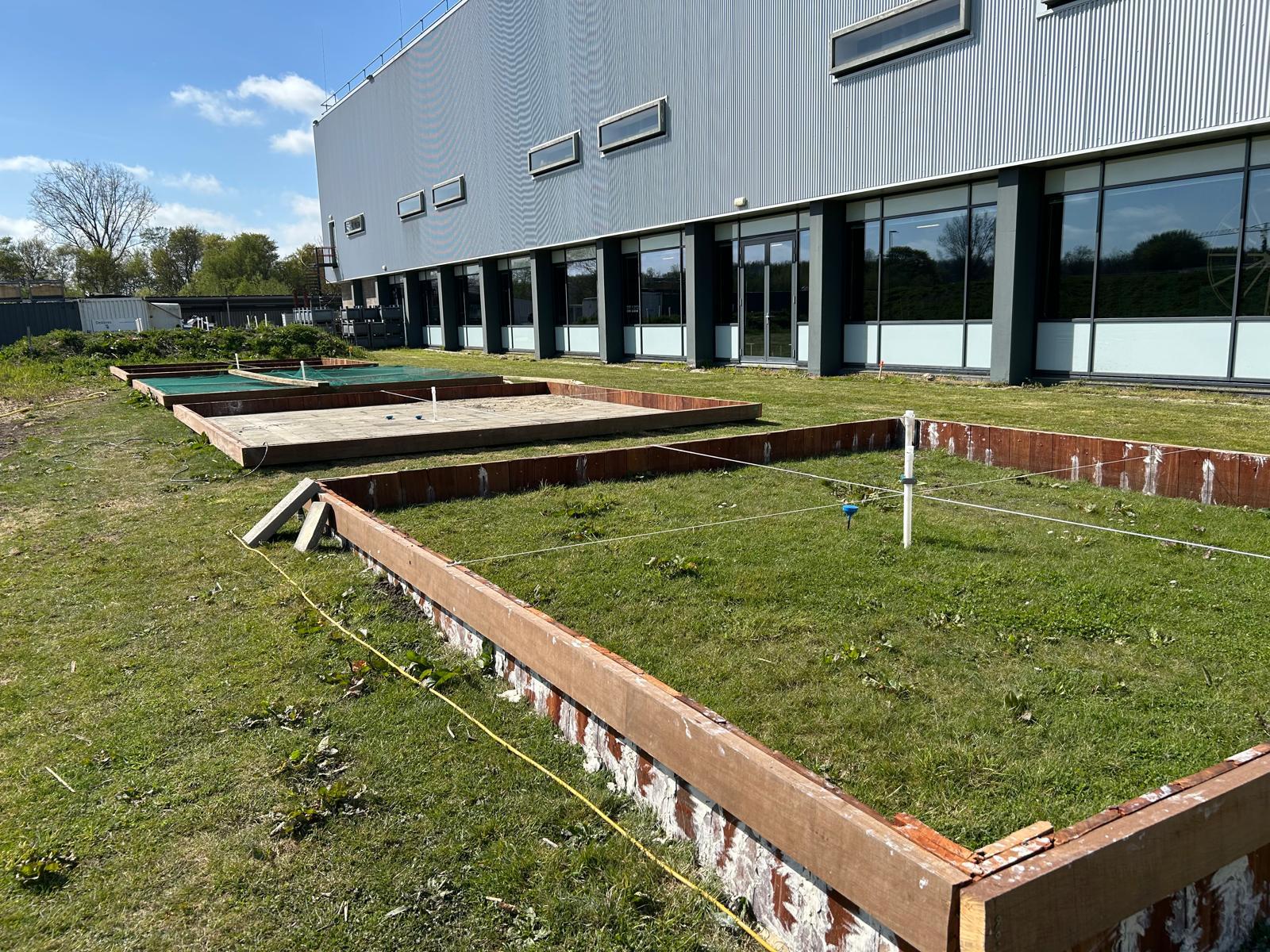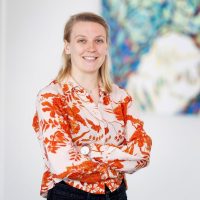A healthy city starts with the soil
Healthy urban soils provide important ecosystem services, such as water storage, stability and natural purification. New EU legislation requires all member states to monitor soil health, including that of urban areas. At the Deltares campus in Delft, we are investigating how this can be monitored and determined.

In the Netherlands, a lot has been done around healthy soils in rural areas for decades, where the focus was laid on ensuring good soil health for the highest possible and sustainable yield for food production. However, we still have little knowledge on urban soil health and there is no standard approach for determining soil health in the city.
Determining urban soil health is complex due to the overlapping soil functions and land uses. In addition to residential use, urban areas have many other, often competing, uses: industry, urban agriculture or vegetable gardens, event sites and/or parks. The objectives and ambitions for soil health in the city are less concrete than in rural areas.
Goal of this study
In 2024, Deltares analysed existing soil health monitoring frameworks to gain insight into the different ways in which soil health can be measured in an urban context. This research showed that there are three different types of monitoring frameworks:
- Based on the performance of individual indicators for specific soil properties
- Based on the suitability for a specific land use and soil function
- Based on the potential to provide ecosystem services
A monitoring framework for urban soil health must take overlapping land uses into account. In addition, validated reference values are needed, which are reliably established standards or threshold values that can be used to determine whether the measured soil quality is healthy or not. The experiment on our campus is aimed to focus on the overlapping use of urban soils. It will contribute to a better understanding of urban soils, and has the following objectives:
- To better understand what urban soil health entails
- To develop methods to determine urban soil health (indicators, assessment methods, target values)
- To (co-)create courses of action for different stakeholders to improve urban soil health
- To increase awareness and contribute to the knowledge and understanding of urban soil health
The experiment
The experiment on the Deltares campus in Delft consists of four fields, each measuring 25 m². In three of these fields, we are influencing soil health by:
- Planting diverse vegetation to increase soil biodiversity
- Prolonged inundation (flooding) to understand the effect on soil health in areas such as wadis
- Sealing the soil to mimic pavements
The fourth field serves as a reference situation.
With this pilot, we are testing which measurable characteristics are essential when evaluating the health of urban soils. We are measuring 42 indicators in soil, groundwater and air, which were collected from existing monitoring frameworks. Almost all analyses of the indicators will be carried out in our experimental facilities: the Delta Lab and the Geotechnical Lab.
We will then test the health of urban soils using four selected monitoring frameworks to validate their results and usability. We have chosen these four frameworks because of the ten analysed frameworks, only these were suitable for specifically assessing urban soils. Other frameworks are based entirely on assessing agricultural soils to optimize agricultural production. As this assessment is not relevant for urban soils, these monitoring frameworks were not taken into consideration.

Follow-up and expectations
The pilot has been set up for one year, but, if possible, we would like to keep the pilot location in use for a longer period of time. Three measurement moments are planned for 2025: in March, August and November. In 2025, we hope to get an initial indication of the seasonal variations between the trial fields.
We are open to collaboration with various partners and will share all our data publicly via a dashboard, available in July. We will also report the results of the study via the Deltares website before the end of the year.


